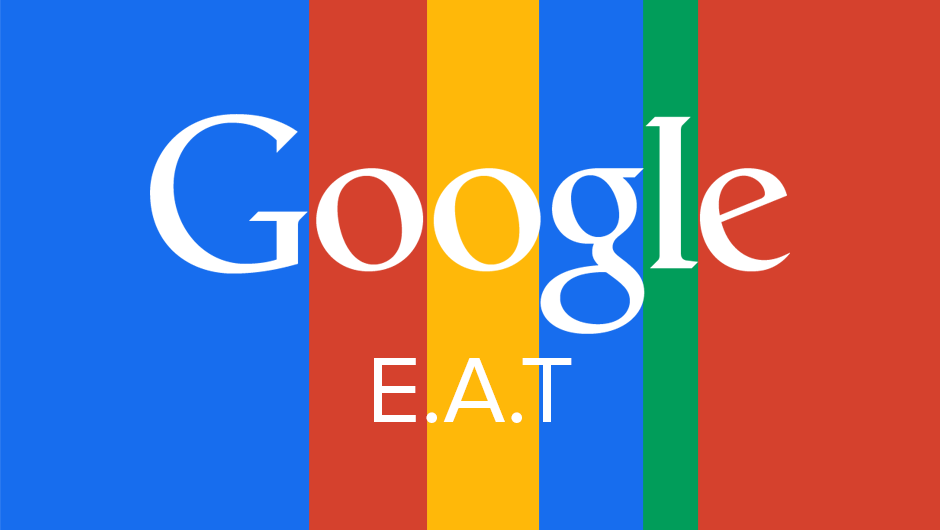
Secrets Galore
Ever wondered how Google ranks websites? A leaked internal manual from Google has revealed how the search engine ranks sites with it’s SEO policies, more specifically using E.A.T.
What’s E.A.T?
E.A.T stands for Expertise, Authority, and Trust, they’re three key points Google looks for when ranking pages. The manual states sites wanting authority need to focus on these rules, which are essentially a way to control the quality of search results. They’re based on levels of service by the businesses which include refunds, customer support, exchanges, and truthful information.
The people that rate sites, aka Google quality raters, follow E.A.T to validate the level and expertise of pages. Going off the three points, they rate pages if they have easily accessible customer support, frequent content, and users around the web are saying good things, i.e. if there are plenty of good reviews then the site will have more weighting and higher ranking in search results.
One interesting (and rather funny) thing that stands out is the use of ads. Sites that have too many aren’t seen as organic or trustworthy, so over saturating on ads is a big “no no”.
Direct quotes from the manual itself shed light on just what Google are looking for…
Expertise
1. “Look for reviews, references, recommendations by experts, news articles, and other credible information created/written by individuals about the website.”
2. “We consider a large number of positive user reviews as evidence of positive reputation.”
3. “When a high level of authoritativeness or expertise is needed, the reputation of a website should be judged on what expert opinions have to say. Recommendations from expert sources, such as professional societies, are strong evidence of very positive reputation.”
Authority
1. “Many websites are eager to tell users how great they are. But for Page Quality rating, you must also look for outside, independent reputation information about the website. When the website says one thing about itself, but reputable external sources disagree with what the website says, trust the external sources.”
2. “Be skeptical of claims that websites make about themselves.”
Trust
1. “Contact information and customer service information are extremely important for websites that handle money, such as stores, banks, and credit card companies. Users need a way to ask questions or get help when a problem occurs.”
2. “Look for contact information – including the store’s policies on payment, exchanges, and returns.”
Quality Over Quantity
Most of the leaked guidelines, especially the three E.A.T points, come as no surprise as the search engine has always tried to have the user’s back, even going so far as not restricting health sites to help promote safety and wellbeing for those searching for info they need for health purposes.
So it goes to show that quality trumps quantity when it comes to search engine ranking, but to keep yourself in the loop check out more tips over on Google’s Webmaster Guidelines.